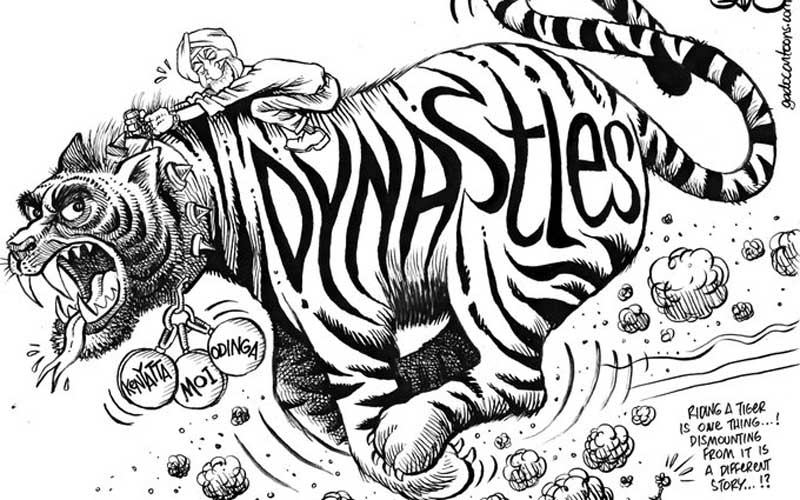×
The Standard e-Paper
Home To Bold Columnists

Throughout history, there are many well-meaning societies that found themselves caught in political extremism. Political extremism arises from the allure of sensational ideologies peddled by overzealous people in power who sell simplistic solutions for complex socio-political problems.